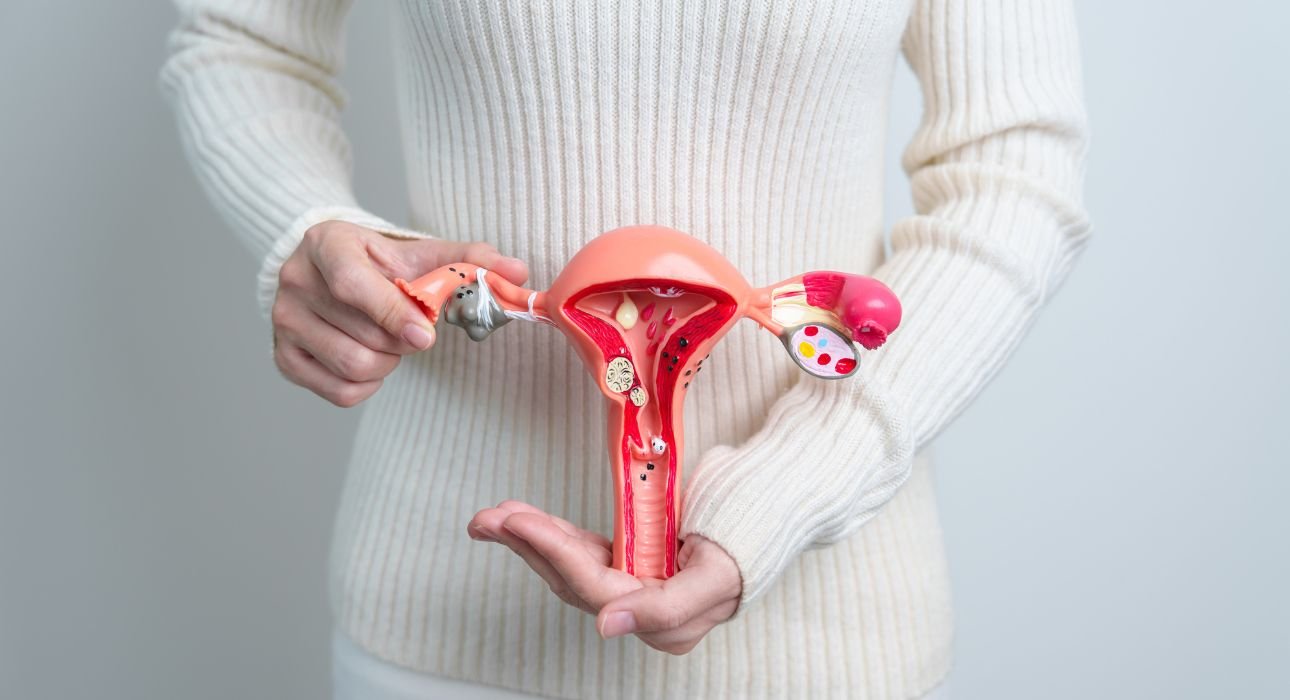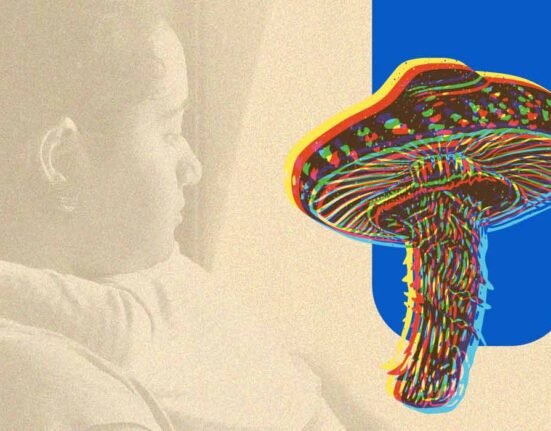Every woman faces the natural checkpoint of menopause in their life. This milestone usually occurs around the age of 45 to 55. However, for some women, menopause occurs much earlier than usual. This has been associated with many different physical and mental issues out of which the most concerning is the decline of cognitive abilities like memory, etc. As psychologists explore the complex interactions between biology and behaviour, this relationship opens the scope of further investigation of how hormone changes can affect the ageing brain.
But why does this happen – and what can be done about it?
The complex relation between hormones and the brain
Our complex brain chemistry is highly dependent on the female sex hormone “Oestrogen”. Other than regulating periods, Oestrogen also helps protect brain cells and supports memory. So when it faces a sudden drop during menopause, the brain feels a loss.
Studies suggest that women who experience early menopause tend to present signs of weaker verbal memory, slower processing speed, and lower cognitive performance on average than women who experience menopause at a later age. These changes may not start up right away; they may have a slow onset and start years after menopause, but the roots of it could be traced back to it.
A recent study conducted at Tohoku University, Japan and the Tokyo Metropolitan Institute of Medical Science showed that Women who entered Menopause before the age of 40 had worse cognitive outcomes than women who entered menopause after 50. Women with earlier menopause had a higher risk of memory-related problems like Dementia and Alzheimer’s, whereas after menopause was associated with fewer depressive symptoms and better cognition.
The Psychological Perspective
Menopause often takes a huge mental and psychological toll on women. For some women, it’s a surprise to the system—something that arrives unannounced and unbidden, carrying with it a sudden surge of feelings. There may be sorrow over lost fertility, identity confusion, and an insidious sense of feeling “older” than your years.
And when memory problems or brain fog begin to surface, it’s easier to attribute them to stress, work, or sleep deprivation. But in women who are in early menopause, these changes in cognition can feel different—more profound, more intrusive. Add to the emotional burden, and it can become a heavy load to bear. These changes could be subtle at first, like forgetting names mid-conversation or having trouble focusing, but over time, these small problems can build up and affect confidence and raise fears about the future.
The role of Hormone Therapy
A major question that arises is “Can hormone replacement Therapy help during this process?”
The short answer is “Maybe”.
Studies have demonstrated that beginning HRT during or around menopause can be preventative against cognitive impairments, especially for those whose menopause hits early. But timing is crucial. Beginning too late or getting the wrong hormone treatment can ultimately cause more problems than benefits. And not every woman is a candidate for HRT. Some have health conditions that make it risky, and for others, the decision is deeply personal. There’s no one-size-fits-all answer, which makes it all the more important for women to have access to clear, supportive guidance.
Read More: How Does Menopause Affect Mental Health: Psychologist Speaks
What could be done about it?
Even with the research, early menopause remains infrequently spoken of about brain health. Far too often, it is treated as a reproductive problem. But the reality is, it’s a complete bio-psychological experience. This link between early menopause and cognitive changes is a wake-up call for all mental health professionals to look at the mental problems faced by women after a certain age as not just a sign of distress but also something biologically and hormonally significant. We can provide support in many forms, such as therapy, support groups, or even just validating that what they are facing is real and acknowledging this serious issue.
Conclusion
Early menopause is not simply a premature ending of periods. Early menopause can redefine how a woman thinks, feels, and operates in the world. But with knowledge, care, and support, it needs not to define her future. Because your brain, your feelings, and your sense of self are important—at any age.
FAQs
1. How does early menopause affect the brain?
A sudden drop in oestrogen during early menopause can negatively affect brain chemistry, leading to issues like memory loss, slower processing speed, and lower overall cognitive performance.
2. Why is oestrogen important for brain health?
Oestrogen not only regulates reproductive functions but also plays a protective role for brain cells. It supports memory, thinking abilities, and overall brain function.
3. What cognitive issues are associated with early menopause?
Women experiencing early menopause may face verbal memory problems, brain fog, difficulty concentrating, slower information processing, and increased risk for conditions like dementia and Alzheimer’s.
4. Do these cognitive changes happen immediately after menopause?
Not always. The cognitive decline can have a slow onset and may begin years after the onset of menopause, but the biological roots often trace back to hormonal changes during menopause.
5. Can Hormone Replacement Therapy (HRT) help?
HRT may help prevent cognitive decline if started at the right time — ideally around menopause onset. However, it is not suitable for everyone and must be personalised under medical guidance.
6. Are there risks associated with HRT?
Yes. If started too late or taken incorrectly, HRT can have more risks than benefits, including increasing the chances of certain cancers or cardiovascular issues.
7. How does early menopause impact mental health?
Beyond physical symptoms, early menopause can cause emotional issues such as depression, anxiety, identity confusion, and a profound feeling of ageing prematurely.
References +
- Neuroscience News. (2025, April 17). Early menopause linked to greater risk of cognitive decline. https://neurosciencenews.com/early-menopause-cognition-28660/
- Kundu, S., & Acharya, S. S. (2023). Linkage of premature and early menopause with psychosocial well-being: a moderated multiple mediation approach. BMC Psychology, 11(1). https://doi.org/10.1186/s40359-023-01267-3
- Harvard Health. (2020, March 1). Menopause and mental health. https://www.health.harvard.edu/womens-health/menopause-and-mental-health
- Ryan, J., Scali, J., Carrière, I., Amieva, H., Rouaud, O., Berr, C., Ritchie, K., & Ancelin, M. (2014). Impact of a premature menopause on cognitive function in later life. BJOG an International Journal of Obstetrics & Gynaecology, 121(13), 1729–1739. https://doi.org/10.1111/1471-0528.12828













Leave feedback about this